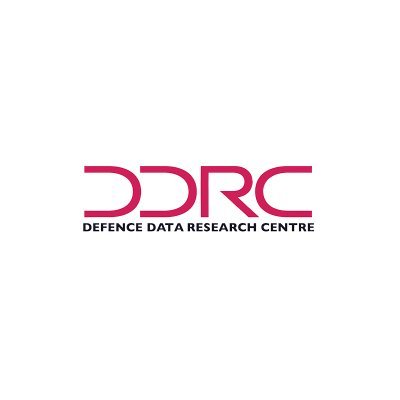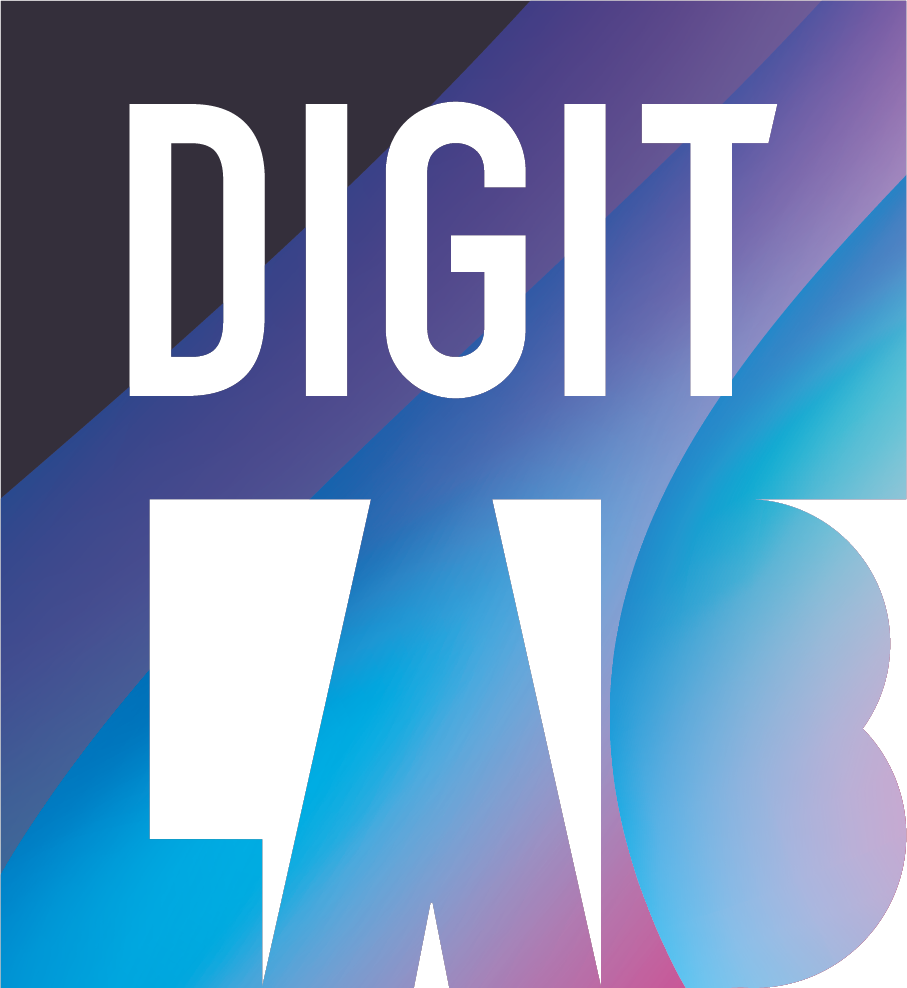
Funded Value:
£1,139, 958
Funder:
EPSRC
Project Status:
Active
Project Reference:
EP/R045127/1
Lead Research Organisation:
University of Lincoln
Principal Investigator:
Professor Simon Pearson
Co-Investigator:
Professor Roger Maull
The Internet of Food Things (IoFT) Network Plus brings together data and computer scientists, chemists, and economists to investigate how artificial intelligence, data analytics and emerging technologies can enhance the digitalisation of the UK food supply chain.
Food and drink are the largest manufacturing sectors of the UK economy. The food supply chain, from farm to consumer, generates £108 billion gross value added per year, and employs 3.9 million people. This sector has highly significant, social, and environmental impacts:
- Obesity, including downstream health impacts such as diabetes, heart disease etc. This costs the UK economy £49 billion per annum.
- Around 1,000,000 cases of food poisoning per year costing £1.5 billion per annum
- Food generates up to 30% of the UK’s road freight, but 10 megatonnes of food (generating 20 megatonnes of GHG emissions), are wasted each year.
There is an urgent need to defragment the digitally-inspired academic community, and connect academics to food industry practitioners. Digital technology has the potential to transform the food chain in various ways:
- New business models could better trace food throughout the supply chain, using distributed ledger technology
- By creating a ‘data trust’ the food sector could underpin data sharing and trust within complex supply chains
- Wide scale application of the ‘internet of things’ would help the service community improve health outcomes and reduce waste
- The development of new digital labelling protocols could assist the consumer’s use of food, as well as optimising the supply chain
- New digital technologies could reduce food waste by optimising whole supply chains
The Internet of Food Things network envelops academia, industry, and consumer interests. In particular, the inclusion of food retailers provides access to unrivalled data sets for demonstrating behaviours.









